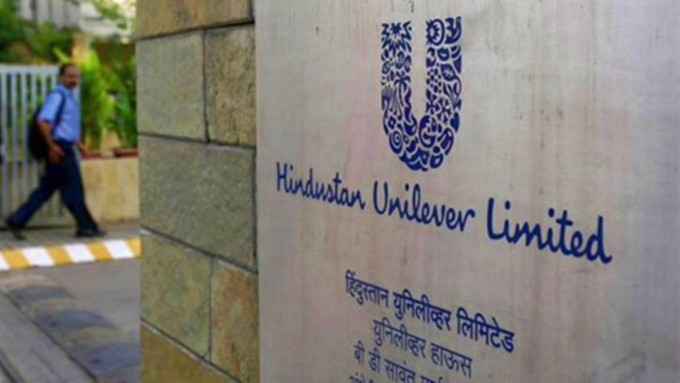Horlicks is no longer a health drink; this is why
Hindustan Unilever Limited (HUL), the company behind popular beverages like Horlicks and Boost, is giving their labels a major revamp. They’re ditching the “health drink” label and introducing a new category: “Functional and Nutritional drinks.”
This move comes after government regulations clamped down on misleading labelling practices. The Ministry of Commerce and Industry directed e-commerce platforms to stop classifying drinks like Horlicks as “health drinks.”

HUL announced the shift in their labelling strategy during their earnings press conference on April 24th. Their Chief Financial Officer, Ritesh Tiwari, explained the move. Replacing “health drinks” with “Functional and Nutritional drinks (FND)” is seen by HUL as a way to provide a more accurate and transparent description of the category. Tiwari also pointed to the under-developed FND market, suggesting significant growth potential for these rebranded products.
Why the change? Here’s the breakdown
No “Health Drink” Category: India’s Food Safety and Standards Act in 2006 (FSS Act) doesn’t have a category for “health drinks.”
High Sugar Content: The National Commission for Protection of Child Rights (NCPCR) pointed out that the sugar content in many of these drinks exceeds acceptable limits for a “health” classification.
FSSAI Regulations: The Food Safety and Standards Authority of India (FSSAI) clarified that “health drink” is a defined term, and using it without following regulations is a violation.
 HUL’s new “Functional and Nutritional” label likely reflects a more accurate description of these products. (file)
HUL’s new “Functional and Nutritional” label likely reflects a more accurate description of these products. (file)
What is the difference between a health and a nutrition drink?
Dr Suranjit Chatterjee, senior consultant, Internal Medicine, Indraprastha Apollo Hospitals, explained that the definition of health drinks, nutritional drinks, and functional drinks can vary across different regulatory bodies and regions.
“Generally, health drinks are considered beverages that provide essential nutrients and are marketed for their potential health benefits. Nutritional drinks, on the other hand, are formulated to meet specific nutritional requirements, often targeting individuals with particular dietary needs or medical conditions. Functional drinks, meanwhile, are beverages that claim to provide additional physiological benefits beyond basic nutrition, such as enhancing cognitive function, boosting energy levels, or aiding digestion,” Dr Chatterjee explained in an interaction with indianexpress.com.
Regulatory bodies typically scrutinise the claims made by manufacturers and may require substantiation through scientific evidence. The classification of health drinks as functional or nutritional drinks would depend on their specific formulation, claims, and adherence to regulatory guidelines in the respective markets.
While health drinks contain some nutrients like vitamins and minerals, it also typically contains added sugars, which can be detrimental to health if consumed in excess, said Dr Chatterjee. High sugar intake has been linked to various health concerns, such as weight gain, an increased risk of type 2 diabetes, and potential adverse effects on heart health. Therefore, if the drink is consumed in large quantities or as a regular part of an imbalanced diet, the added sugars could potentially outweigh the potential benefits of the nutrients present.
Disclaimer: The copyright of this article belongs to the original author. Reposting this article is solely for the purpose of information dissemination and does not constitute any investment advice. If there is any infringement, please contact us immediately. We will make corrections or deletions as necessary. Thank you.
